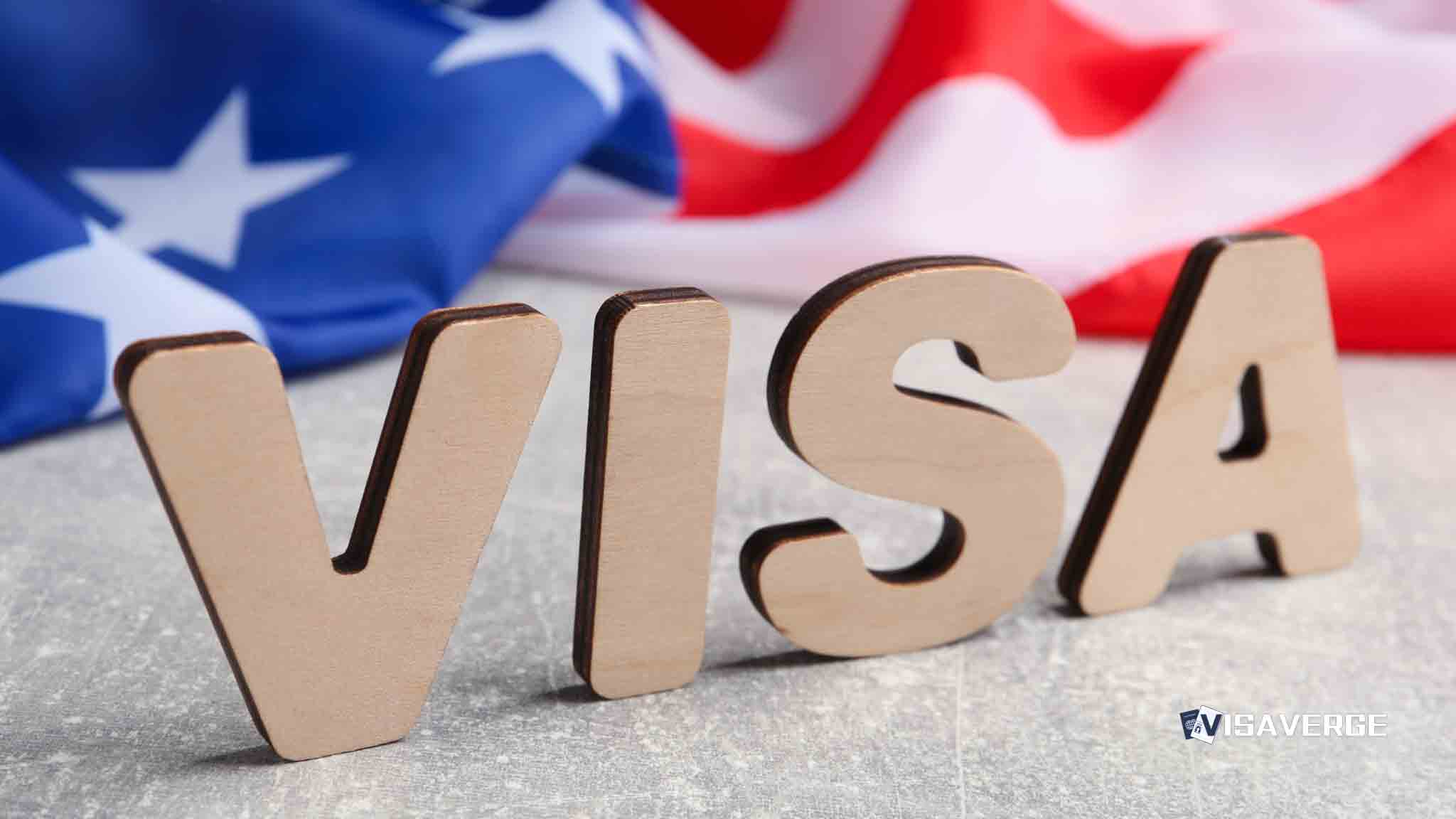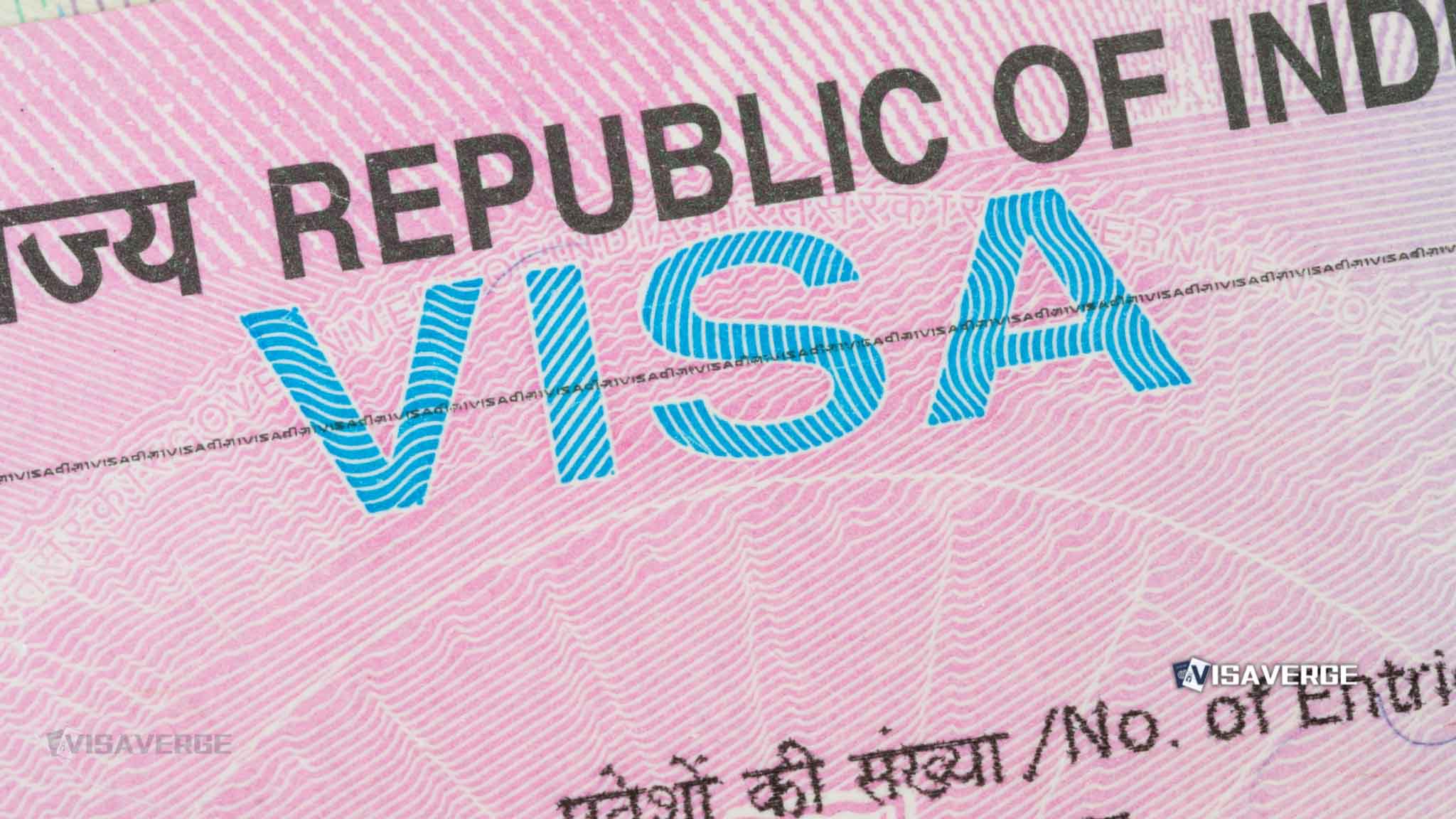(UNITED STATES) As Congress faces another spending standoff, one question looms large for families waiting on life‑changing immigration decisions: Will a government shutdown pause decisions on the I-601 waiver and the I-601A waiver? The short answer, according to long-standing agency practice and fee funding rules, is no. USCIS processing for both the I-601 and I-601A waivers generally continues during a shutdown because these applications are funded by filing fees, not by annual appropriations.
Applicants should still prepare for slower movement if a shutdown lasts for weeks, and they should watch for downstream effects at U.S. consulates abroad where visa interviews take place after waiver decisions.

Why fee funding matters
USCIS points out in public budget documents that most of its work is fee-funded, which allows core services to keep running during funding gaps. For readers who want the official description, USCIS explains its fee-funded model on its Budget and Performance page, which helps clarify why many benefits keep moving even when other parts of the federal government stop.
While that structure shields I-601 and I-601A adjudications from a full stop, a prolonged lapse can still strain agency resources, slow mailroom intake, and delay some background checks that rely on interagency partners.
Filing and official resources
Under current practice, USCIS continues to accept and adjudicate both forms through normal intake channels. Applicants can still file the Form I-601, Application for Waiver of Grounds of Inadmissibility and the Form I-601A, Application for Provisional Unlawful Presence Waiver.
- Official form pages (confirm filing addresses, fees, edition dates, and instructions):
Those pages also include the qualifying relative standards, including the well-known extreme hardship requirement to a U.S. citizen or lawful permanent resident spouse or parent.
Differences between I-601 and I-601A
- The
I-601covers a broad set of inadmissibility problems (health, fraud, prior removal, some criminal grounds) when a person can show extreme hardship to a qualifying relative. - The
I-601Ais narrower: it allows a person in the United States to seek a provisional waiver only for unlawful presence before leaving for consular processing abroad.
Both tracks rely on user fees to fund the work, which is why they sit outside the budget fights that force closures elsewhere. No official USCIS notice indicates a plan to suspend these waivers during a shutdown as of October 2025, though agency statements in past lapses have warned about potential slowdowns if staffing and interagency support are tight.
Limits and downstream vulnerabilities
The fee-funded shield has limits at the system edges. Parts of the immigration process that do not run on fees can still slow the path to a visa:
- Department of Labor: In prior shutdowns, it paused labor certifications and prevailing wage determinations (relevant to employment cases).
- Department of State (consular posts): Typically keeps essential visa services open, but a long shutdown can cause staffing challenges and appointment bottlenecks.
- Interagency checks: Background investigations or records from partner agencies may be delayed if those agencies are affected.
This is especially important for the I-601A: even after USCIS approves the provisional waiver, the visa interview abroad is the critical next step. Consular backlogs can push families’ plans further into the future.
The I-601A is a powerful step that reduces risk tied to the three- and ten-year unlawful presence bars, but it is not a blanket pardon; consular screening remains thorough.
A consular officer can still find other grounds of inadmissibility at the visa interview—such as certain criminal, fraud, or health grounds—and those are not cured by the I-601A. If other grounds are found, officers may refuse the visa and explain whether the person may pursue an I-601 waiver or why a waiver is not available.
Policy continuity during shutdowns
People often assume a “closed government” means every desk sits empty. That picture does not fit fee-funded immigration work. In past lapses, USCIS kept core services running because receipts from thousands of applications support the agency’s operations.
For the I-601 and I-601A waivers, that continuity has meant:
- steady intake,
- biometrics scheduling when needed,
- decisions issued by adjudicators paid from filing fees.
Still, the pace can vary. A prolonged shutdown can create ripple effects—mailroom slowdowns, reduced contractor support, or delays in records transfers—that show up as longer case timelines.
Practical effects on applicants
Many spouses and parents time their I-601A filing so that approval lines up with a consular appointment. When a shutdown stretches for weeks, visa sections abroad might trim non-emergency slots to manage staffing, so applicants may wait longer for interviews even after approval.
For I-601 filers—often submitting from abroad or while in removal proceedings—the shutdown does not typically block the decision itself, but court calendars, travel plans, and consular capacity can still shift.
According to analysis by VisaVerge.com, the practical rule is: fee-funded adjudications usually move forward, but any process that relies on a different agency, or on overseas operations, is more vulnerable to delay. People with tight travel or medical plans should build in extra time and keep all notices and emails organized.
One more point: there has been no official notice that USCIS would suspend I-601 or I-601A adjudications during a shutdown as of October 2025. If that changes, USCIS would post an alert and adjust acceptance or processing accordingly.
Impact on applicants and consular processing (summary)
Typical journey for an I-601A applicant:
- File from inside the United States.
- Wait for USCIS processing (generally continues).
- Upon approval, complete National Visa Center steps.
- Leave the U.S. for the immigrant visa interview.
Weak points during a shutdown:
- Consular interview stage (appointments may be delayed).
- Other agencies’ documentation or checks (may slow I-601 cases).
Quick reference of moving parts:
- USCIS processing: Continues during a shutdown, with possible slowdowns if lapse is long.
- Department of Labor steps: Paused during a shutdown (affects employment cases).
- Department of State consular posts: Generally open for essential services, but interviews can delay.
- Post-approval checks: Still apply; other inadmissibility grounds can cause refusals.
Real-life examples emphasize predictable strain rather than failures: changed travel plans, delayed interviews, or waiting for a verification from an understaffed partner agency.
Practical steps during a funding lapse
Several low-tech, high-impact steps can reduce stress if a shutdown is likely or underway:
- Confirm the form edition and fee:
- Use the official pages for Form I-601 and Form I-601A.
- Do not rely on third-party summaries for fee or edition dates.
- Prepare strong hardship evidence:
- The waivers hinge on extreme hardship to a qualifying relative (U.S. citizen or LPR spouse or parent).
- Use medical records, financial documents, expert letters, and detailed personal statements.
- Track consular steps early:
- Line up civil documents, police certificates, and vaccinations as early as allowed.
- Build calendar buffers:
- Assume a shutdown may add weeks to timelines. Avoid nonrefundable bookings without a contingency.
- Keep contact details current with USCIS and the National Visa Center:
- Outdated emails or addresses lead to missed notices.
- Save and back up all notices:
- Save agency notices as PDFs and maintain a secure cloud folder.
Families with emergency needs (medical care, safety issues, urgent travel) should raise those facts to the agency or consulate. Expedite standards do not change during shutdowns, and documented emergencies can still warrant special handling.
Legal reminders and evidence strategy
- I-601A scope:
- Covers unlawful presence under INA 212(a)(9)(B).
- Does not cover other bars like fraud or misrepresentation under INA 212(a)(6)(C), or certain medical bars under INA 212(a)(1) without separate waivers.
- I-601 qualifying relative:
- Most grounds require hardship to a spouse or parent who is a U.S. citizen or lawful permanent resident.
- Hardship to children may be part of the story, but the law centers on spouse/parent hardship.
If you have risk factors beyond unlawful presence—prior misstatements, removal orders, arrests—consult counsel before departing the U.S. for consular processing. Honest, early planning can prevent painful surprises at interview.
Employer-side and mixed-status family notes
- Department of Labor pauses (PERM, prevailing wage) rarely affect I-601/I-601A directly, but can influence long-term planning where employment-based and family-based steps run in parallel.
- Discuss sequencing with counsel so job plans and family timelines do not collide.
Monitoring and communication
Applicants should:
- Watch government announcements during any shutdown (USCIS alerts and form pages; Department of State consular messages).
- Keep receipts, notice numbers, and dates handy—call center wait times can rise during lapses.
- Respond quickly to any rescheduled biometrics or interview notices to avoid losing position in line.
For background on why USCIS continues fee-funded work, readers can review USCIS’s Budget and Performance materials, which explain the agency’s funding structure and performance plans.
Key takeaways and checklist
- Keep filing: USCIS will accept and work on I-601 and I-601A cases during a shutdown.
- Expect slower pace: Delays are more likely if the shutdown lasts weeks.
- Watch the consulate: Interviews usually continue, but staff shortages can push dates.
- Know the limits: I-601A covers only unlawful presence; other grounds may still block the visa.
- Save everything: Receipts, notices, emails, and evidence should be organized and backed up.
- Ask for help early: Complex histories deserve a legal review before travel.
In many I-601 and I-601A cases, a shutdown means delay rather than denial. The best strategy is preparation: file complete packets, keep records current, and build time buffers into travel plans. If you are ready to file an I-601A waiver, confirm the current form and fee, gather hardship evidence tied to your qualifying spouse or parent, and submit as planned. If you are abroad and weighing an I-601 waiver, assess your inadmissibility ground and document extreme hardship carefully.
Finally, monitor official updates. Nothing in current practice suggests a full stop for fee-funded waivers, but unusual disruptions to partner agencies can create temporary holds. Stay decision-ready, keep communication lines open with counsel, and be prepared to adapt if the calendar shifts.
For official background on USCIS’s fee-funded operations and filing steps, use the official form pages:
– Form I-601
– Form I-601A
– Budget and Performance page
These resources, along with careful planning and realistic timelines, can help families move forward even when Washington’s budget fights heat up.
Frequently Asked Questions
This Article in a Nutshell
USCIS typically continues to accept and adjudicate I-601 and I-601A waiver applications during federal shutdowns because those processes are funded by applicant filing fees rather than annual appropriations. While intake, biometrics, and fee-driven adjudications generally proceed, prolonged funding lapses can slow mailroom operations, reduce contractor support, and delay interagency background checks. The most at-risk stage is consular processing: U.S. consulates may face staffing constraints, causing interview backlogs, and consular officers can still deny visas for other grounds of inadmissibility. Applicants should confirm form editions and fees, gather robust extreme-hardship evidence, track consular requirements early, maintain updated contact information, and build time buffers into travel and legal plans.







